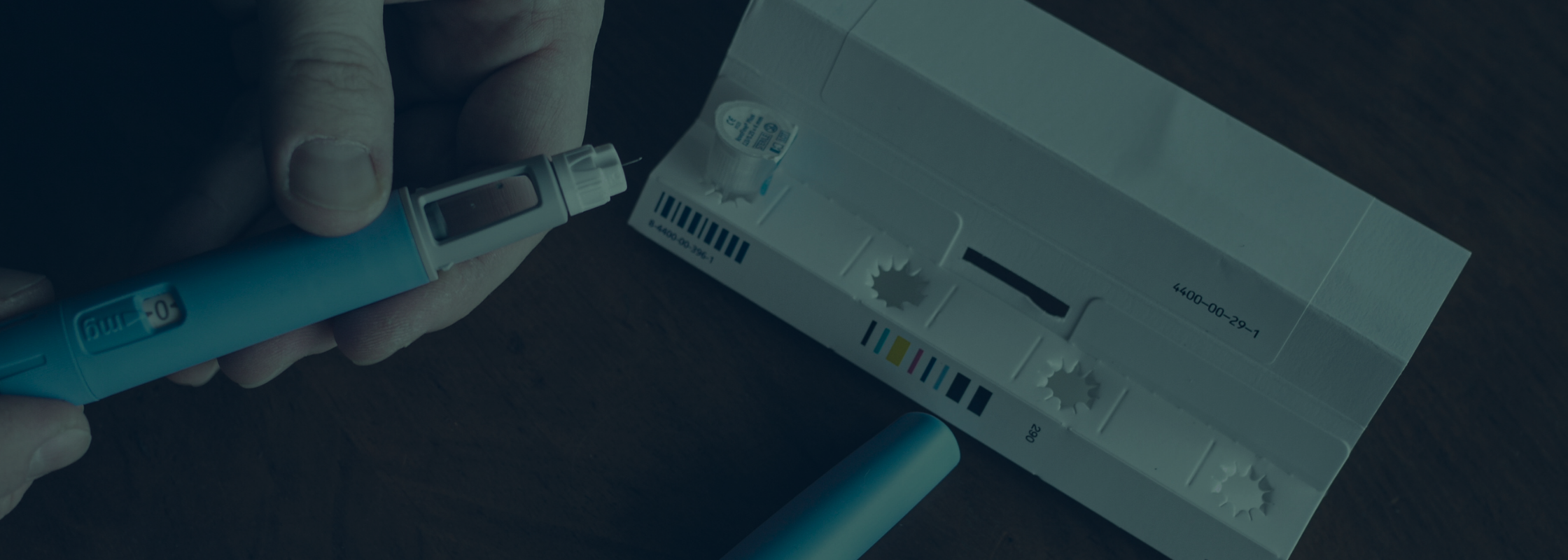Understanding Clinical Trial Imports into India
The landscape
The sheer volume of trade in India is one of the standout features of the region. As one of the planet’s largest economies, its presence in global trade has been cemented. Consequently, the clinical trial arena has experienced regional upward trends, resulting in an increased interest in clinical trial imports into India.
India is a country focused on exporting goods. Pharmaceuticals and medical equipment are among the many exports they offer.
The region has committed to diversifying its exports. This will help avoid overreliance on any one market sector. To do this, they are exploring new markets and trade opportunities.
India’s import profile is highly dependent on domestic demand. Therefore, its regulatory infrastructure must be able to keep up with the various and rapidly expanding markets.
Indian bilateral and regional trade agreements are also shaping factors in the landscape. Many of these agreements have implications for clinical trials. No trade agreements are dedicated to clinical trials. However, some agreements have clauses that affect how clinical trials are conducted and the trade of pharmaceuticals.
Policy changes are needed to balance the region’s historical trade deficit. These include export promotion schemes, import restrictions, and initiatives. These changes can make the trade landscape difficult to navigate, especially in the clinical supply and trial space.
The country has a well-defined regulatory framework for trade overseen by various regulatory authorities. Trade-related policies, tariffs, and regulatory procedures are periodically reviewed and updated – this includes in the clinical trial space.
To improve business in the country, several initiatives have been put in place. These include the implementation of Goods and Service Tax (GST), digitization of trade processes, and simplifying regulatory compliance. This aims to create a more business-friendly environment, particularly in the clinical trial space.
It is essential to recognize that India’s landscape, although distinctive, is affected by a range of international elements. These include global economic conditions, geopolitical developments, policy modifications, and regulatory updates. As such, businesses and traders should stay updated on India’s latest trade policies, market trends, and trade-related opportunities and challenges.
Why is India a good destination for clinical trials?
India offers several advantages that make it an attractive destination for conducting clinical trials. The region is a popular destination for clinical trials due to it’s:
- Large and diverse patient population,
- cost-efficiency,
- fast patient recruitment,
- experienced investigators and infrastructure,
- regulatory environment,
- ethical standards and data quality,
- and access to diverse healthcare settings.
However, specific considerations and challenges must be carefully addressed, such as regulatory compliance, infrastructure variability, language diversity, and cultural nuances. Engaging local expertise can help navigate clinical trial challenges effectively. Collaborating with experienced partners can maximize the benefits of conducting trials in India.
What are the challenges surrounding clinical trial imports into India?
The challenges for Indian clinical trials can be characterized into two distinct categories. The first is regulatory compliance, and the second is customs and import.
Regulatory Compliance
Regulatory compliance encompasses various important considerations. It is essential to consult with a qualified service provider to ensure compliance with all applicable laws and regulations, such as:
- Approvals and authorizations from regulatory bodies. This includes providing documentation detailing trial protocols and investigational products.
- The correct import licenses and permits are obtained. This may vary depending on the type of trial and research equipment requirements.
- All customs procedures, labeling requirements, storage, and distribution practices, maintaining proper records, and handling any necessary post-importation reporting obligations.
- Quality standards and certifications for imported goods. Provide necessary certificates or documentation to demonstrate compliance.
- Intellectual property parameters that do not infringe on intellectual property rights (IPR). And ensure that the goods being imported do not violate IPR laws and obtain necessary permissions or licenses, if applicable.
- Restrictions on paper goods. This includes obtaining import licenses, meeting quality standards, and providing the necessary import documentation.
Customs and importation
For customs and importation, the processes are primarily centered on the clearance procedures and policy guidelines for import and export. For example:
- Clinical trial materials are subject to customs clearance procedures upon entry into India. The importation process involves providing the necessary documentation, including the import license, bill of entry, packing list, and commercial invoice. Custom duties and taxes may also apply, although some exemptions or concessions may be available for clinical trial imports.
- Custom duties and taxes may also apply, although some exemptions or concessions may be available for clinical trial imports.
- Certain goods are restricted or prohibited from importation into India. This is for various reasons, such as security concerns, environmental regulations, and public health protection.
- Importers should check with the relevant authorities. They should also refer to the import policy guidelines. This will help them determine if any restrictions or prohibitions apply to their specific goods.
- For imported goods’ packaging and labeling, its essential to adhere to Indian regulations. Ensure accuracy in the product name, country of origin, weight, ingredients (if applicable), and other relevant details.
How to run a successful clinical trial in India?
Engaging local expertise, streamlining the supply chain, and ensuring efficient storage and distribution are important to ensure a successful clinical trial.
Partnering with a local representative or experienced organization helps navigate import processes and regulatory compliance. Implementing a comprehensive supply chain management solution optimizes trial deployment by coordinating multiple aspects.
While finally, proper storage and distribution, adhering to regulations and guidelines, and maintaining product integrity. These holistic solutions enhance the overall success of clinical trials.
The TecEx Medical Solution
Managing medical imports and exports for clinical trials is complex. Regulations are always changing. It requires navigating a complex regulatory landscape.
Sponsors, investigators and other stakeholders involved in clinical trials in India need to understand the regulations and guidelines for their trials. They must become familiar with these requirements in order to conduct their trials successfully.
Consulting regulatory experts and engaging with professional third-party service providers can streamline the clinical trial process. TecEx Medical is an example of such a provider. This can save time and prevent costly delays.





